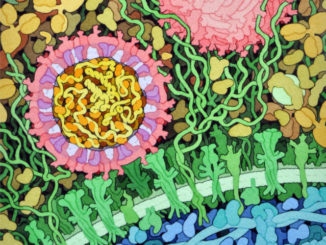Estimating the distance to an epidemic threshold
Corresponding Author: Eamon B. O’Dea, odea35@gmail.com An important component of predicting disease emergence is the ability to assess the distance to epidemic thresholds, the critical number of susceptible hosts needed for an epidemic to occur. Monitoring this threshold allows researchers to confirm the emergence of an epidemic and take action […]










